Apple's frustration with the European Union's Digital Markets Act has snapped. What started as quiet back-and-forth now looks like a street fight that could reset how big tech works, not only in Europe, maybe everywhere.
<<IMAGE_PLACEHOLDER:apple-eu-legal-battle>>
The iPhone maker has launched a broad legal assault on the EU's competition law, claiming it violates fundamental rights by imposing intrusive regulatory burdens. The attack has three prongs. Apple is challenging requirements that force iPhone services to work with rival hardware; it argues the App Store should not fall under DMA rules because it is not a singular service; and it is contesting investigations into whether iMessage should face DMA scrutiny since it doesn't generate revenue. The company maintains that the law conflicts with its rights to operate in the EU marketplace. The stakes are simple, your iPhone might work differently.
What's really driving Apple's anger?
The DMA, which came into effect in 2022 and began applying in 2024, is the EU's boldest effort to rein in big tech. Underneath Apple's briefs sits a deeper fear, a strike at the integrated ecosystem philosophy that built its brand and loyalty.
Apple has already spent thousands of hours bringing new features to the European Union while meeting the law's requirements, work it says came with significant technical and business hurdles. The sore point is clear. Apple believes the rules force it to compromise the principles that make its products distinctive.
<<IMAGE_PLACEHOLDER:dma-compliance-challenges>>
Consider the practical fallout. Apple argues the DMA forces delays in new features and increases security risks through app sideloading requirements. One cited example, delays in implementing AirPods' live translation feature to comply with compatibility regulations. The point, Apple says, engineers must do additional work to ensure their innovations aren't exposed to other companies or developers, nudging product development from integrated innovation to modular compliance.
Security is where the tension gets sharp. Apple argues the DMA requires allowing sideloading and alternative app marketplaces that don't meet the same high privacy and security standards as the App Store. It has highlighted risks like scams via fake banking apps, malware disguised as games, and third-party systems overcharging users. To Apple, the same integration regulators call monopolistic is what customers pay for, security through tight control. Feature or fortress, depending on who you ask.
The EU's counterargument: Breaking down walled gardens
European regulators see that control not as architecture, but as market power. The European Commission argues that Apple's business model stifles competition and harms consumers. They contend that Apple's 'absolute control' over the iPhone has allowed it to generate 'supernormal profits' in markets where competitors are handicapped.
At the core, only Apple controls the 'walled garden' and decides who can offer products and services to iPhone users. Break those walls, regulators say, and users actually have choice over which device they're going to use, and can get them to talk to one another.
<<IMAGE_PLACEHOLDER:eu-competition-policy>>
The EU has rejected Apple's plea to repeal the Digital Markets Act, insisting the law is crucial for fair competition and doesn't require lowering security standards. Executive Vice President Margrethe Vestager sharpened the point, saying Apple's delay in rolling out certain features is a declaration that they know it is another way of disabling competition where they have a stronghold already.
Here is the rub. Apple frames integration as innovation that benefits users, while the EU sees the same integration as a tool for eliminating competition. Both views are internally consistent, and incompatible.
Beyond Apple: A broader tech-government power struggle
This fight shows how democratic governments are trying to regulate trillion-dollar technology companies in real time. It reflects mounting tension between the EU and U.S. over how to regulate large tech giants, with implications that stretch beyond trade into technological sovereignty.
The geopolitical stakes are obvious. The law has drawn criticism from US President Donald Trump and has complicated US-EU trade negotiations. Other tech giants are watching, as Meta and other tech titans like Mark Zuckerberg have lobbied against the DMA, knowing Apple's case could set global precedents.
<<IMAGE_PLACEHOLDER:tech-regulation-global-impact>>
The financial and regulatory complexity is staggering. Companies risk fines as much as 10% of their global annual sales for DMA breaches. On 2025-04-23 the European Commission fined Apple €500 million for breaching the DMA's anti-steering rules (preliminary decision published by the Commission). It currently faces more DMA investigations (three in total) than any other gatekeeper, from app store restrictions to browser choice screens and interoperability rules.
What worries Apple most is clear. The European Commission has now issued draconian preliminary findings in two separate proceedings regarding Apple's interoperability obligations, which could require it to share connected device integrations with third parties. That cuts to the heart of Apple's edge, the seamless device blend that drives loyalty and premium pricing.
Where does this lead us?
We are watching a clash over the future of digital innovation that could define how tech operates for decades. Apple maintains that the DMA is leading to a worse experience for Apple users in the EU, exposing them to new risks and disrupting the simple, seamless way their Apple products work together. It warns that as new technologies come out, European users' Apple products will only fall further behind.
The EU is not blinking. Regulators appear unwilling to allow the full effects of Apple's modifications to surface, instead prematurely concluding that Apple is guilty of non-compliance. And Apple has marshaled a team of Freshfields Dutch lawyers and U.K. barristers working to persuade five senior EU judges that several flagship services should not be subject to DMA rules. The gloves are off.
The outcome will determine whether Apple's integrated ecosystem model, built on the premise that control enables innovation, can survive in an increasingly regulated global marketplace. If the EU prevails, Apple will need to reimagine how it builds and delivers products, potentially breaking apart the integrations that have defined the company since the return of Steve Jobs. If Apple wins, it could signal that democratic governments lack the regulatory tools necessary to constrain trillion-dollar tech platforms.
What happens in Europe won't stay in Europe, regulators worldwide are watching, and the precedent set here will influence tech regulation from California to China for generations. The real question is not only whether Apple will comply with the DMA, but whether the era of integrated tech ecosystems is ending entirely. My hunch, this fight goes the distance.




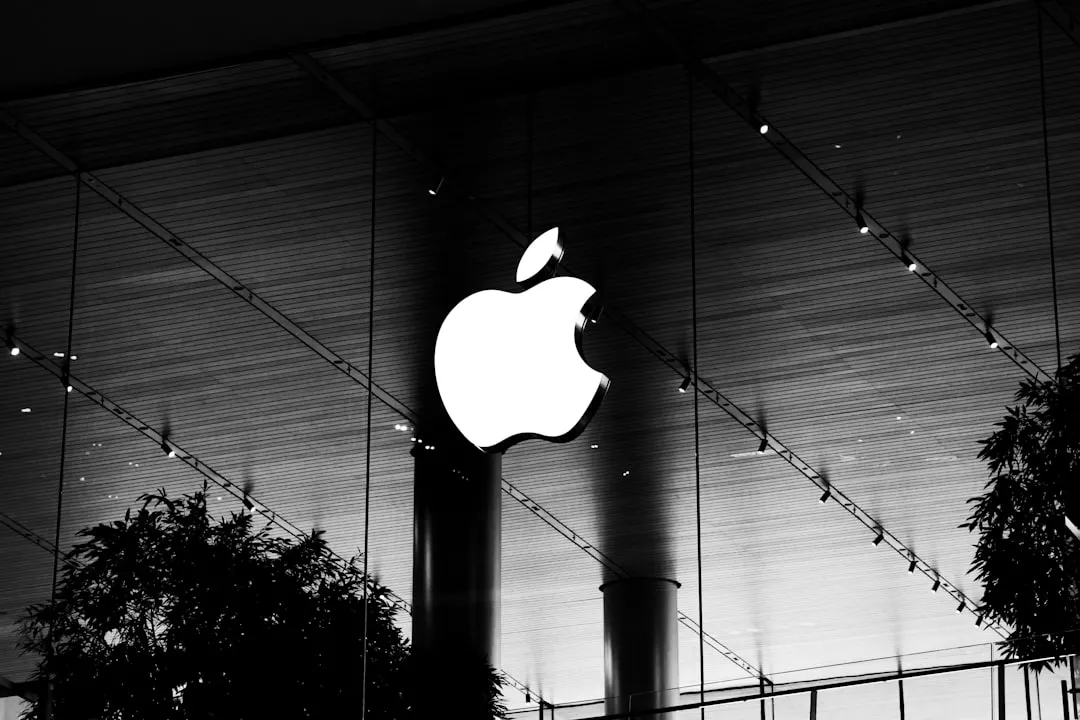
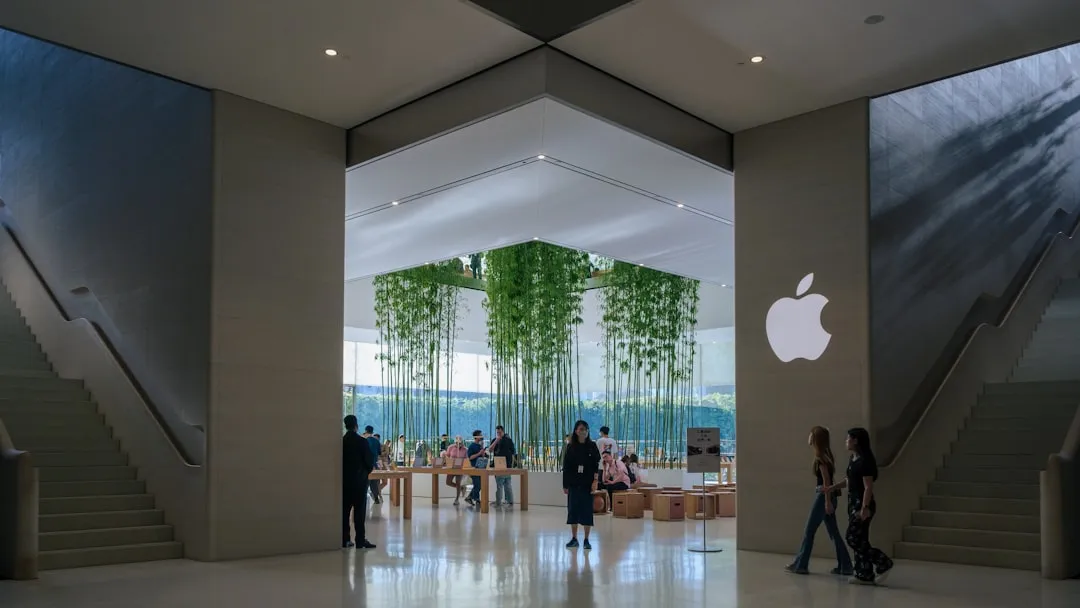
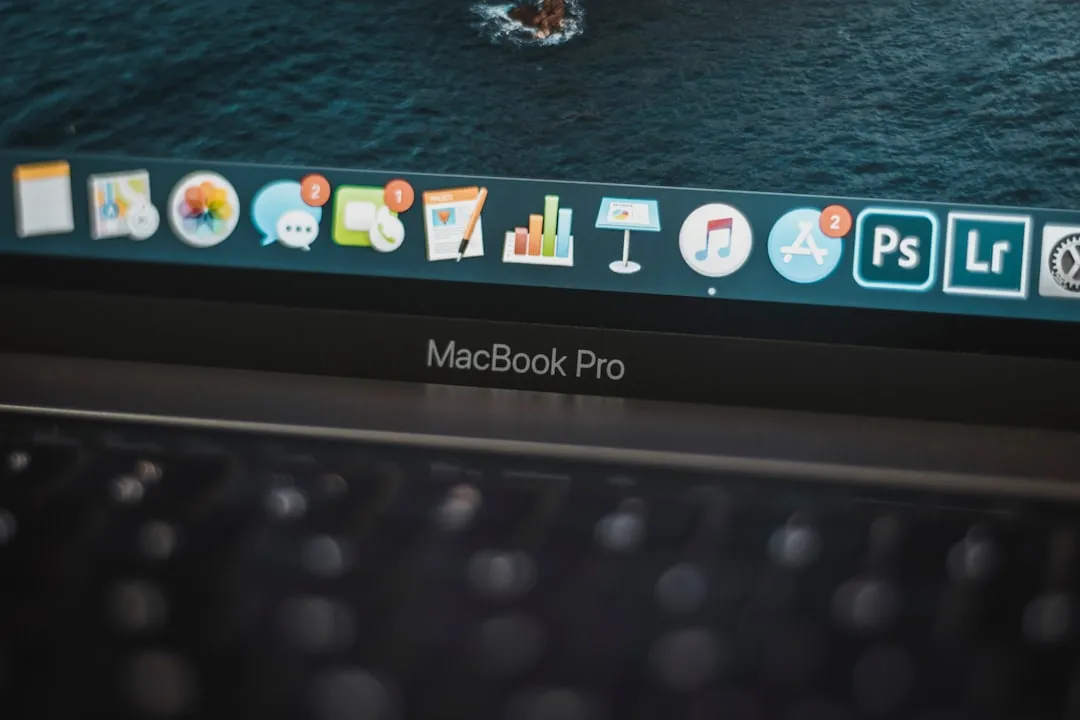
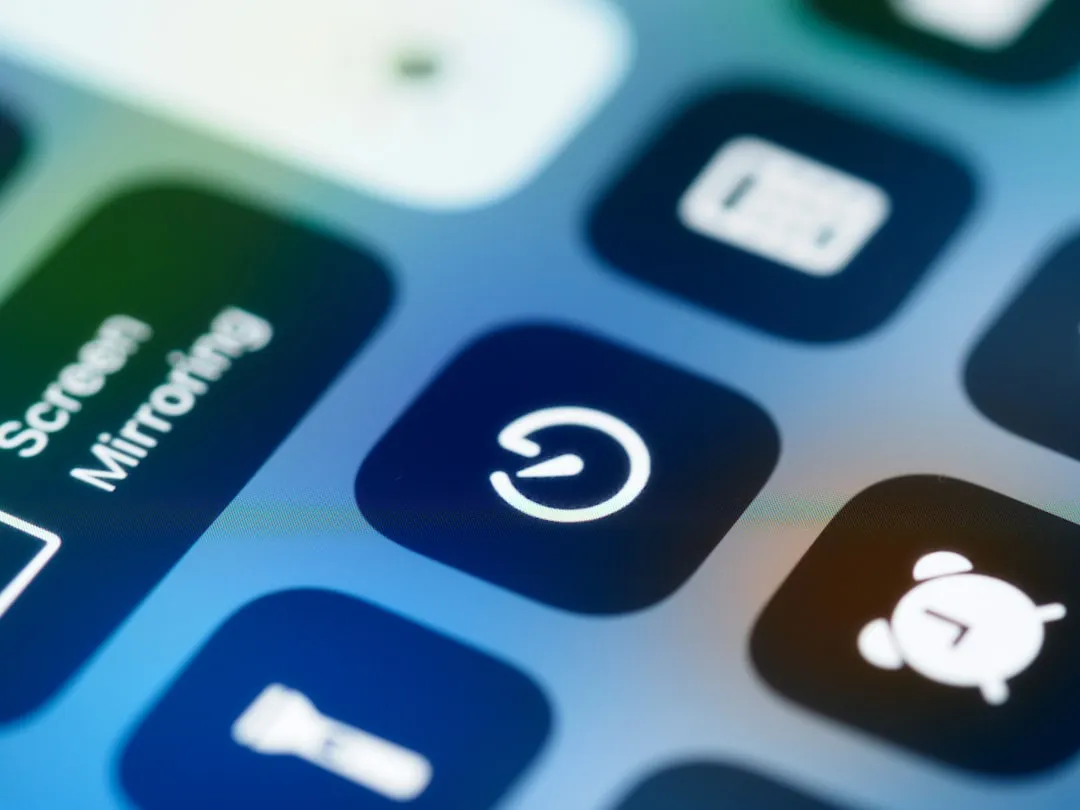
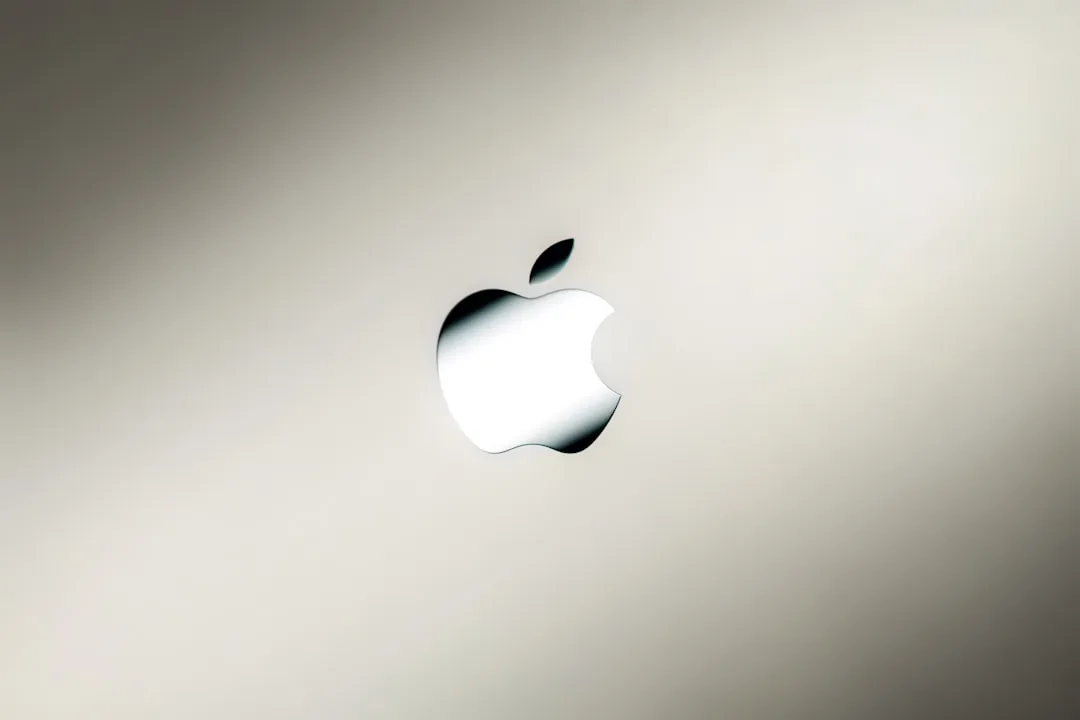
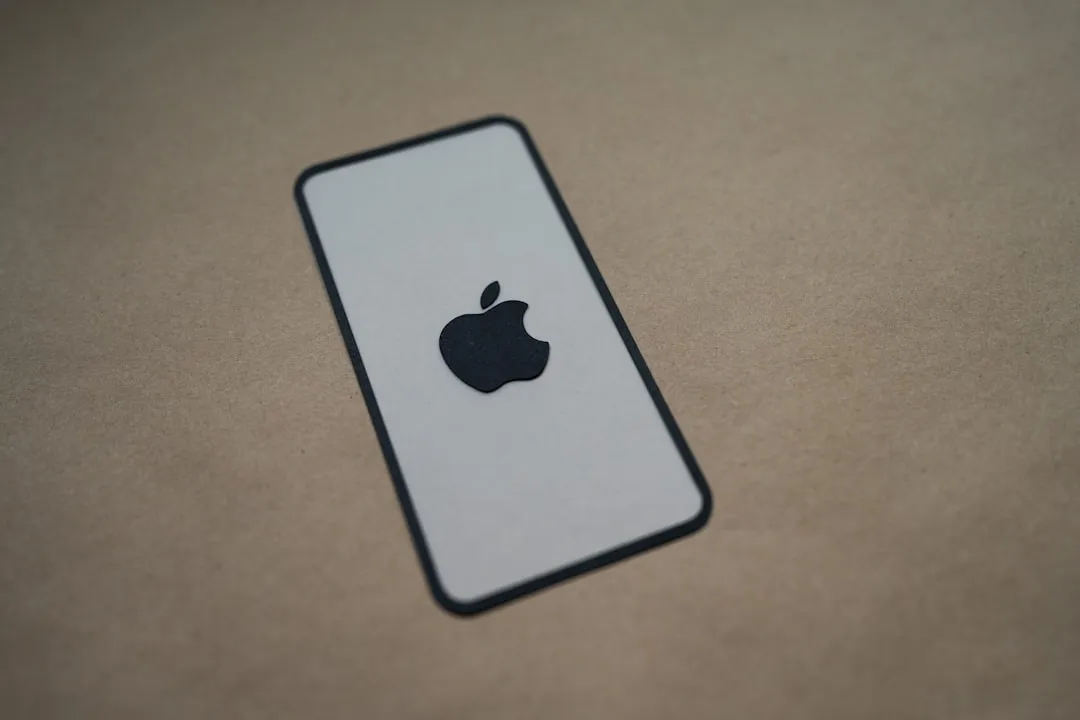


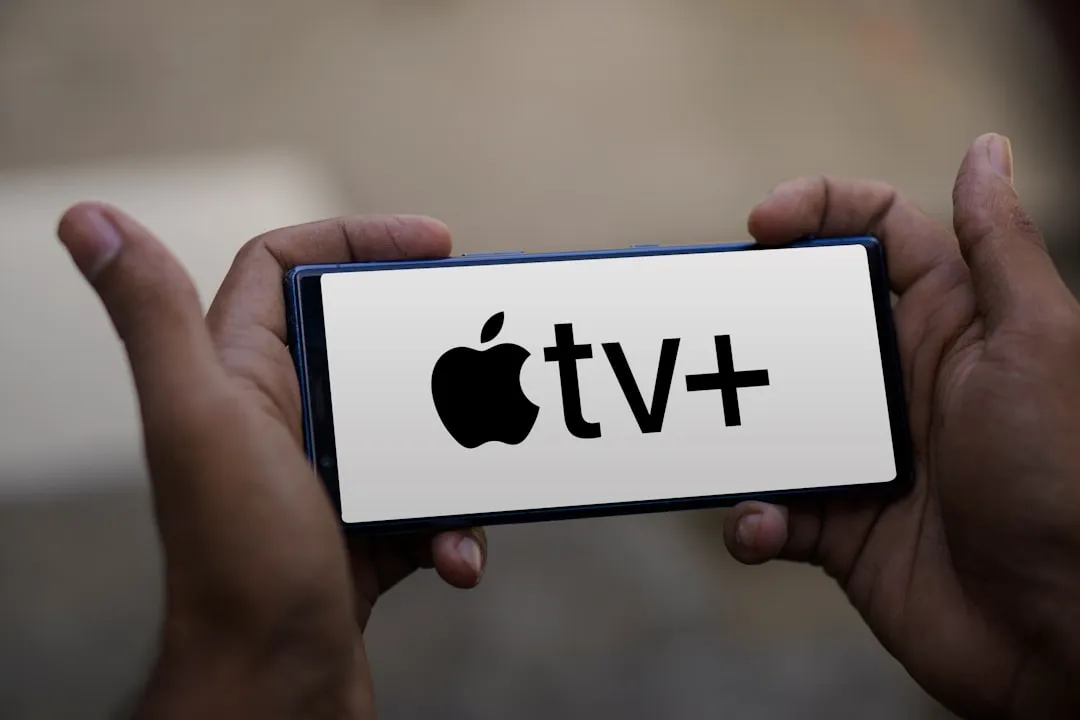
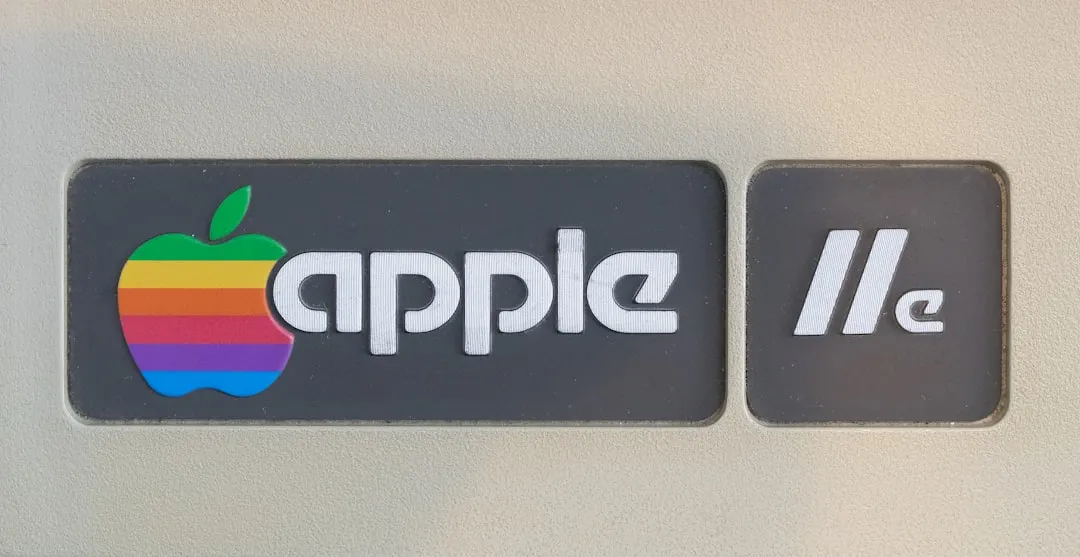
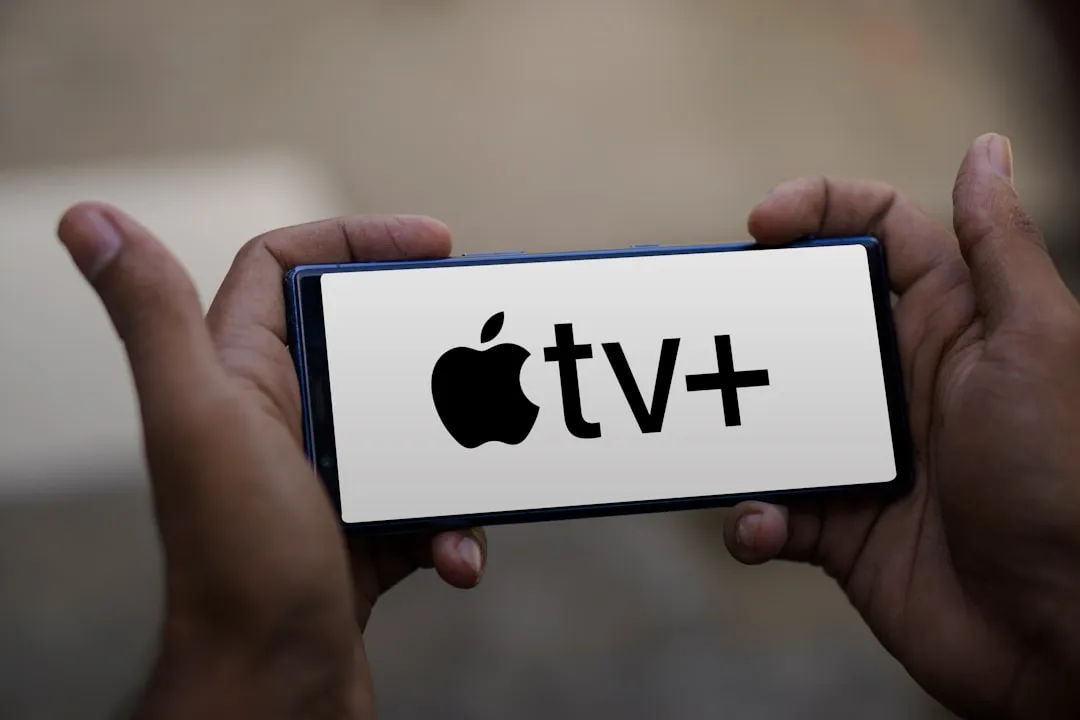
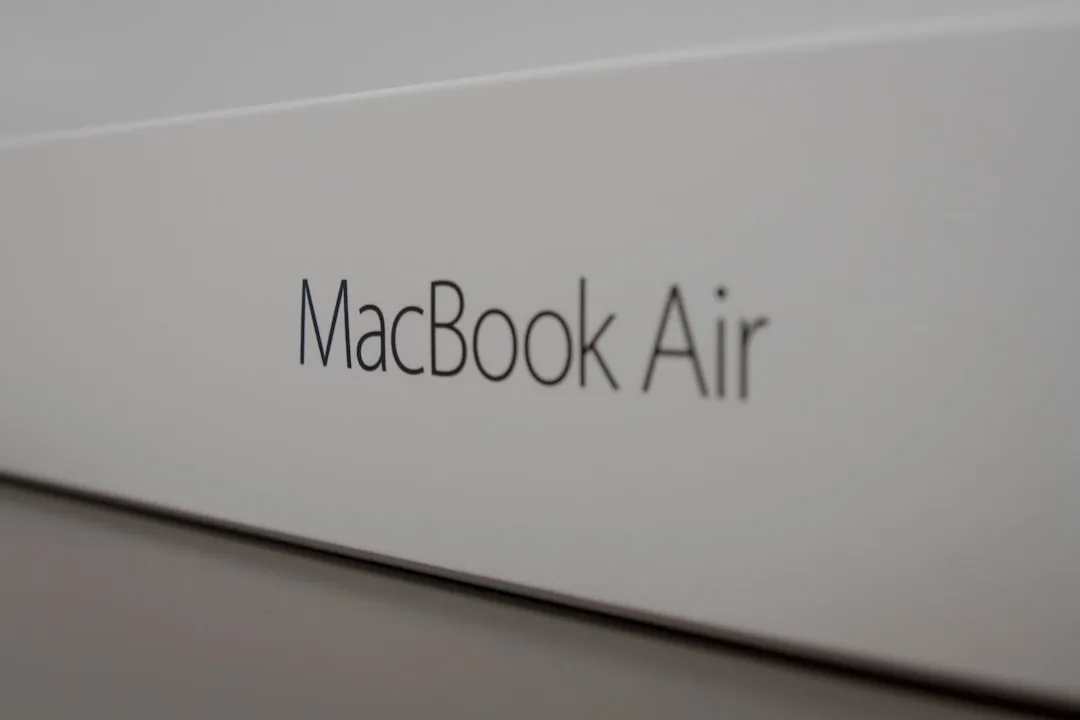
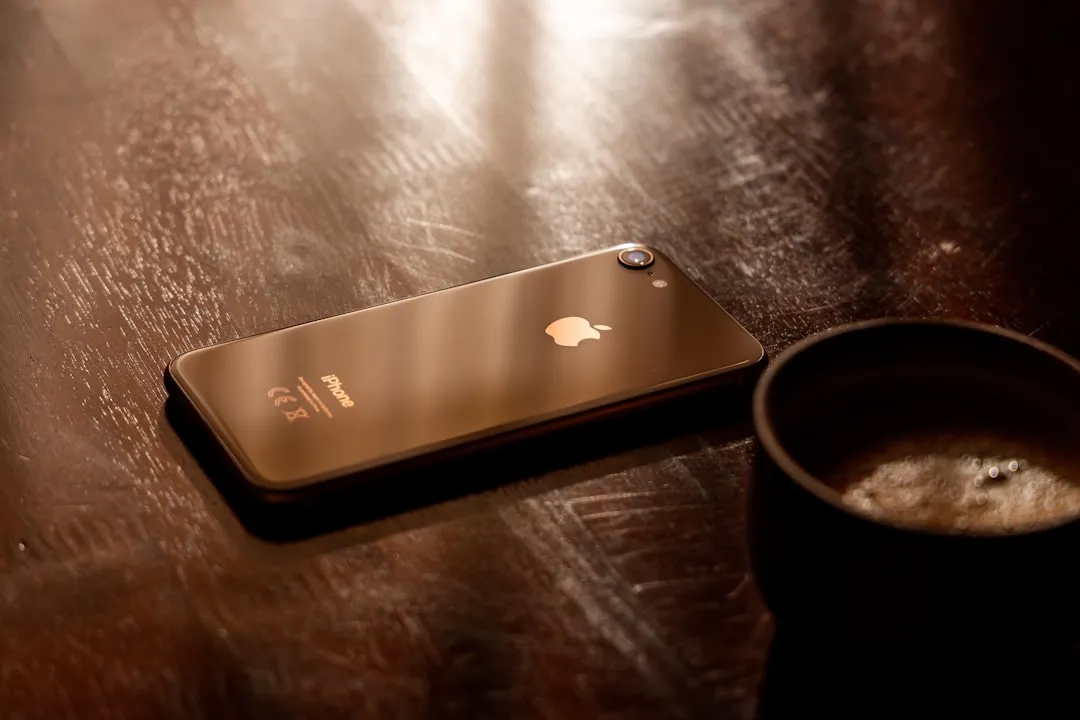
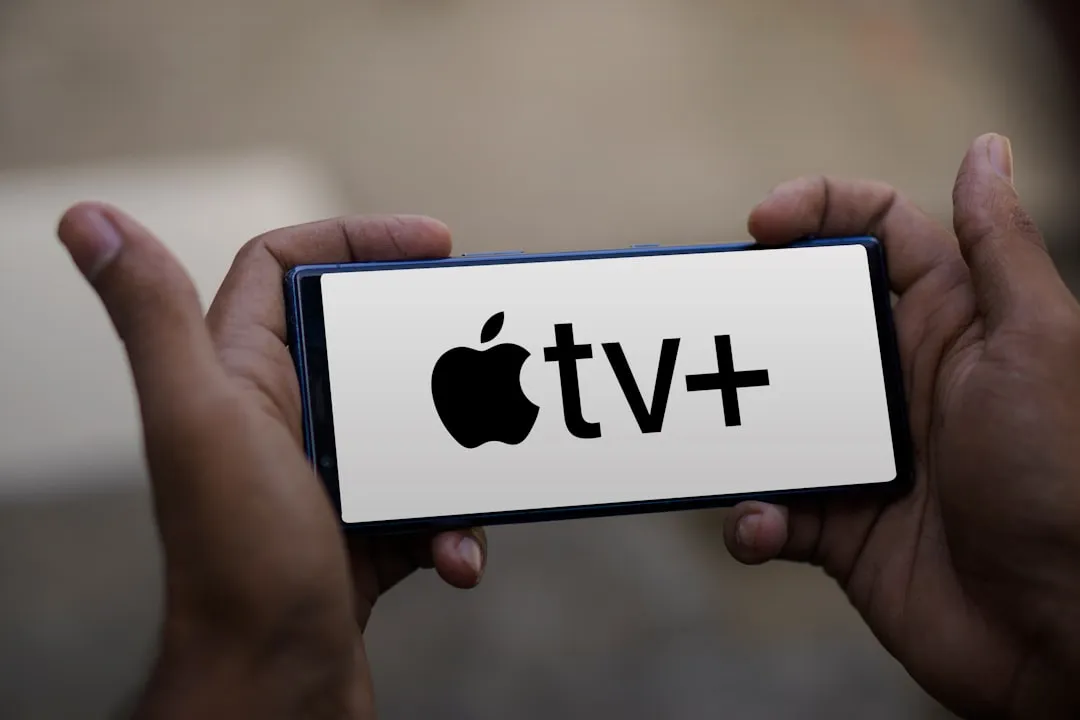
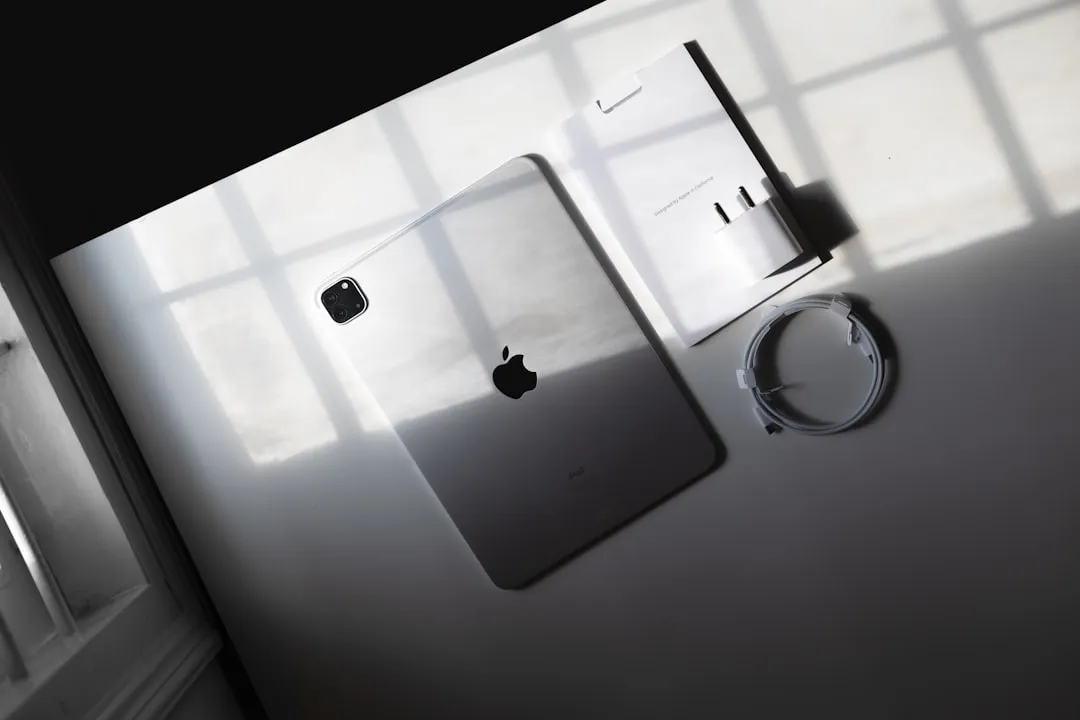
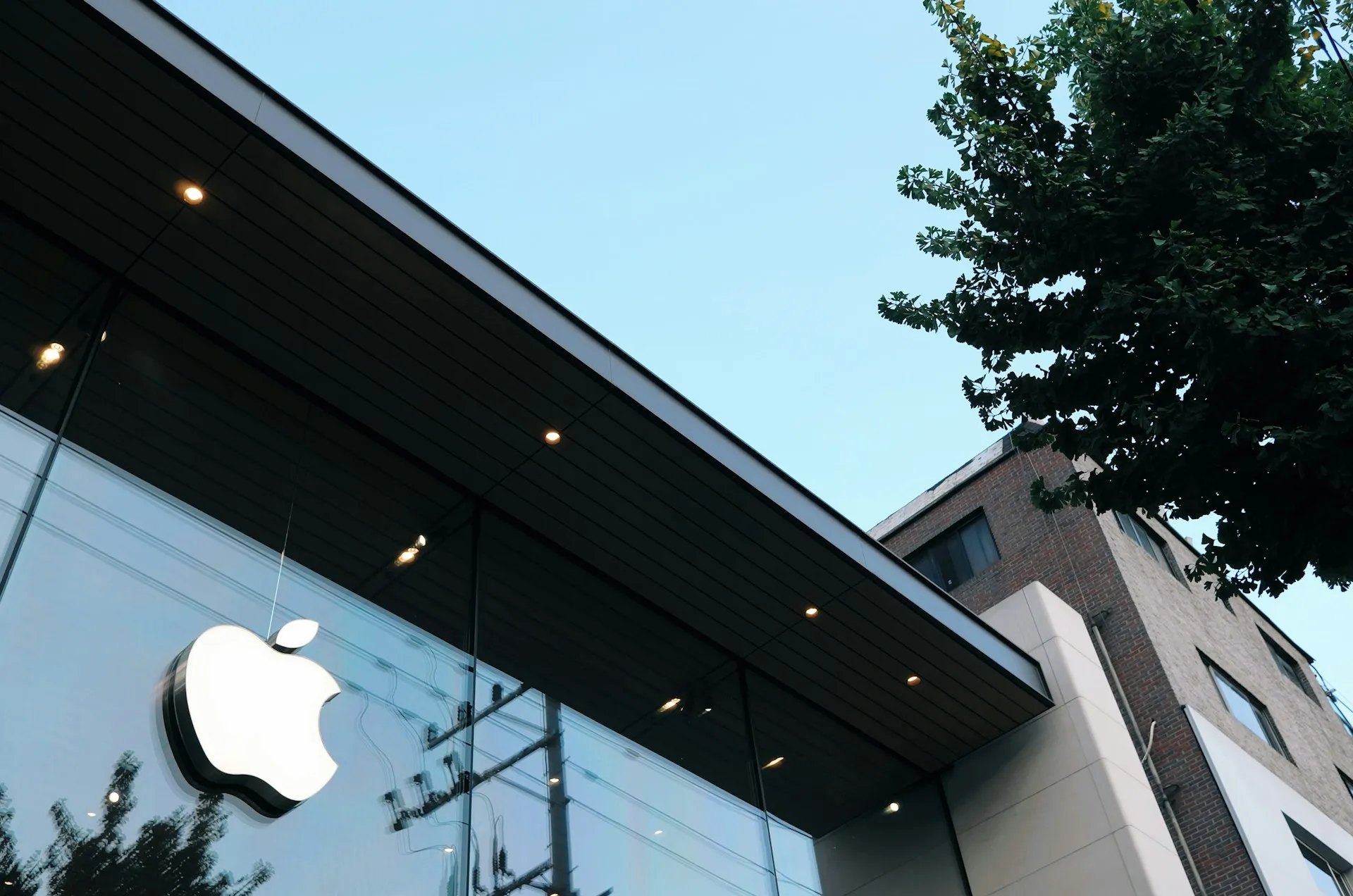
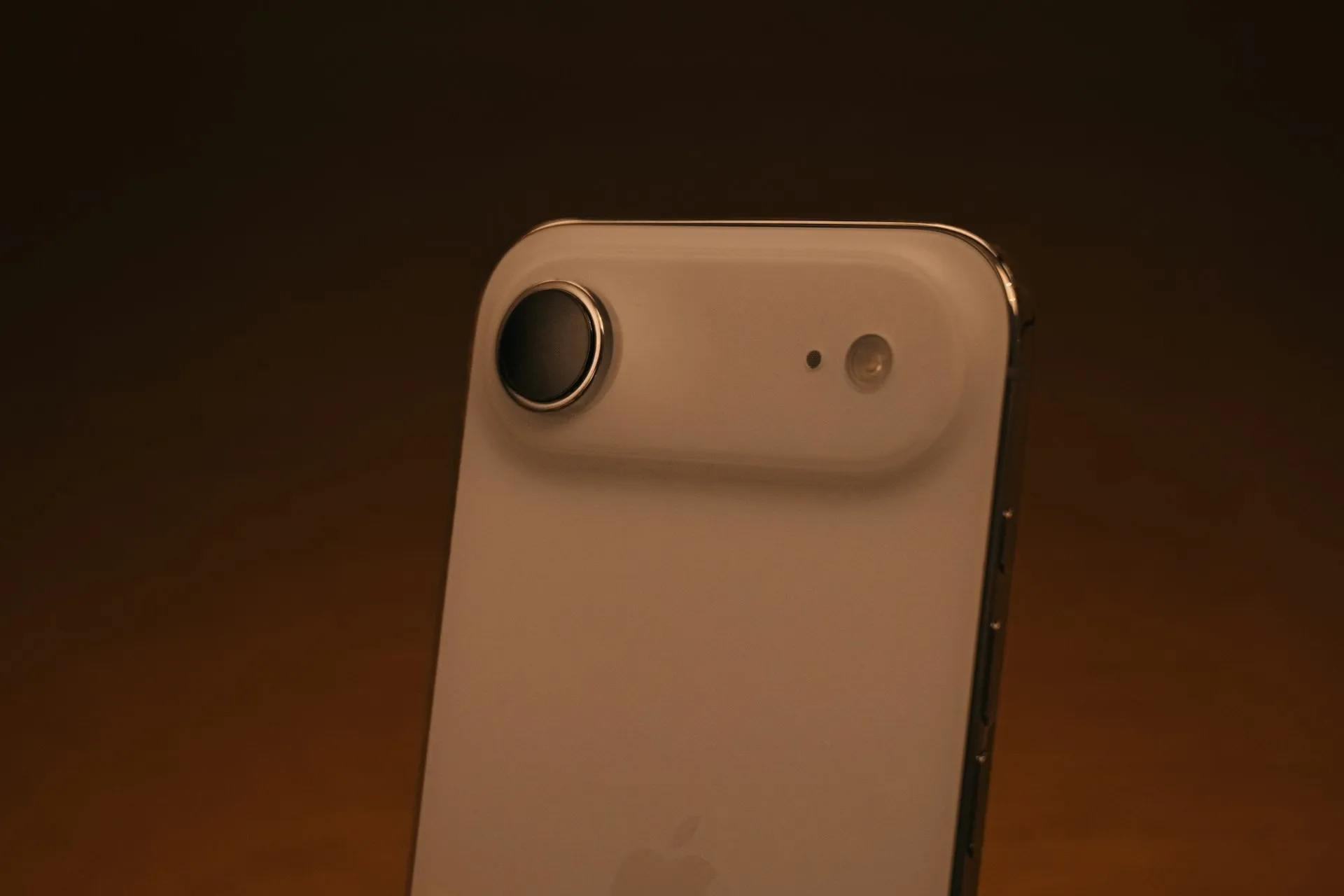


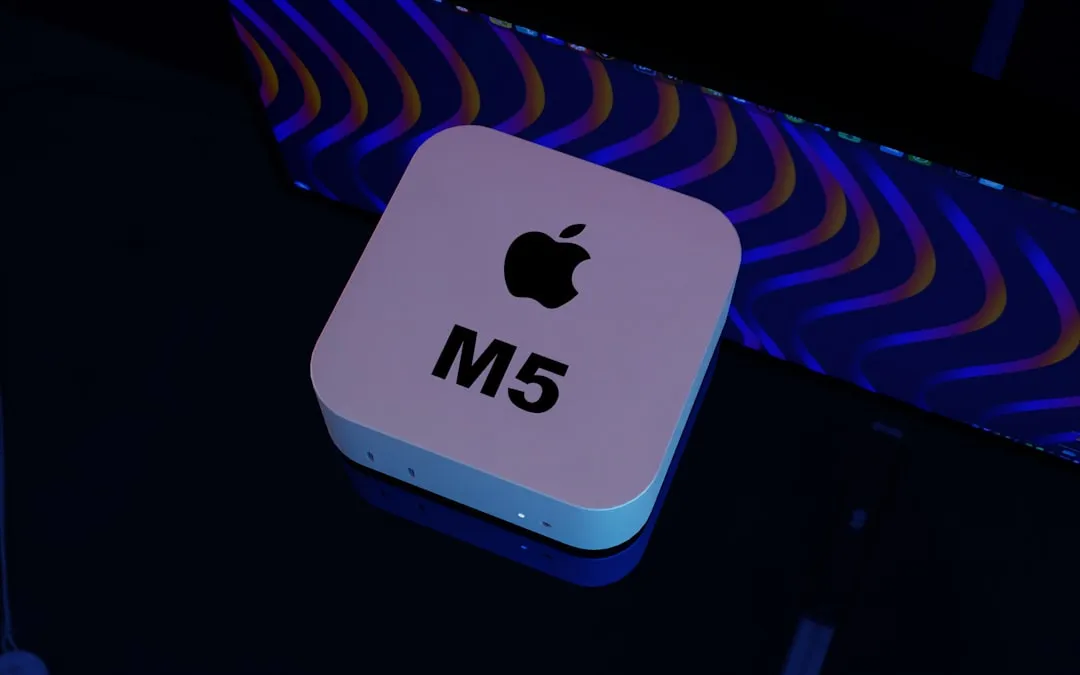
Comments
Be the first, drop a comment!